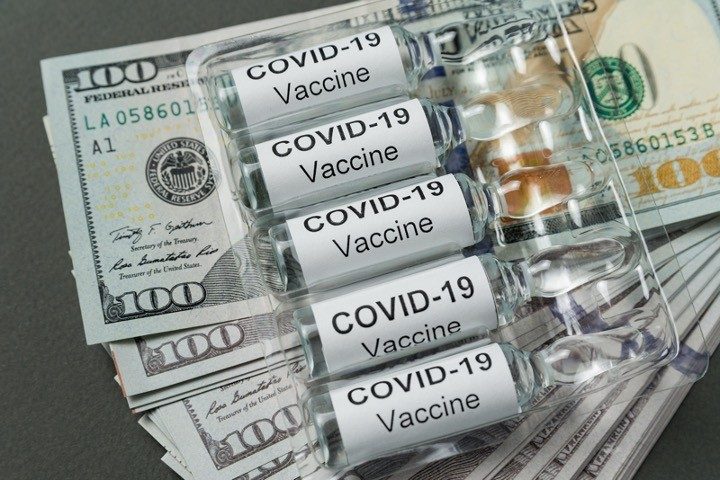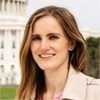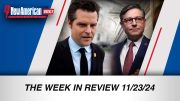
The “free” Pfizer Covid concoction is likely to become four times as expensive — as will Covid shots brewed by all other manufacturers — due to the fact that fewer people are willing to take them, while the pharmaceutical companies are not willing to lose their profits and want to meet their revenue forecasts.
On Friday, Reuters, citing Pfizer executive Angela Lukin, reported that the company “is targeting a range of $110 to $130 a dose once the U.S. moves to a commercial market next year.” That means that Pfizer expects the country to drop the public health emergency and the Covid vaccine market to move to private insurance.
The hike was seen as a predicable move by Wall Street analysts.
“With most Americans delaying or skipping new COVID-19 booster shots, analysts and investors are now predicting far fewer will be given each year, pushing the number of shots well below annual flu vaccinations,” reported Reuters in a separate article.
Currently, the United States is paying Pfizer $30 per dose.
Both reports note that Pfizer’s competitors at Moderna and Novavax will follow suit and raise their prices.
The reports cite an unexpectedly low enthusiasm for the updated booster shots that presumably target the latest omicron mutations.
According to Reuters, “Over the first six weeks of the roll out, around 14.8 million people have received the updated COVID-19 booster shots which target the original coronavirus strain and the Omicron strain.” In comparison, “In the first six weeks of the 2021 vaccination campaign, over 22 million people received their third shot even though only older and immunocompromised people were eligible at that point.”
There are a couple of factors that likely have contributed to people’s reluctance to get an additional dose.
First, as told to Reuters by Dr. Bruce Farber of New York’s Northwell Health, “The fact that you have people saying the pandemic is over doesn’t motivate people to get vaccinated.”
Those “people” include none other than President Joe Biden, who declared on CBS’s 60 Minutes that aired on September 18 that “The pandemic is over.” Walking through the Huntington Place convention center in Detroit, Biden pointed out to the host, Scott Pelley, “If you notice, no one’s wearing masks.”
“Everybody seems to be in pretty good shape, and so I think it’s changing, and I think this is a perfect example of it,” said Biden.
Around the same time, on September 14, WHO’s Director-General Tedros Adhanom Ghebreyesus said that the end of the pandemic was “in sight.”
Another factor that affects the public’s reluctance to keep on jabbing is that the latest booster is ridiculously untested — even by Pfizer’s standards.
As explained in detail by Dr. Meryl Nass to The New American in September, the efficacy of Pfizer’s bivalent booster was only tested on eight mice, while the safety data was merely extrapolated from the “safe” administration of the previous versions of the shots. The number of adverse reactions reflected in HHS’s VAERS and other pharmacovigilance databases was not found noteworthy by either the FDA or the CDC, likely because neither of them analyzes the safety signals.
Either way, at this point, most Americans have gotten their shots and boosters and/or contracted Covid, and likely don’t feel that another booster would benefit them much.
Citing the lack of “significant evidence that updated shots are better,” Reuters observed that the investors’ expectation that the demand for Covid boosters would match that of the seasonal flu jabs never materialized.
The White House, top FDA officials, and Pfizer’s CEO Albert Bourla repeatedly stated that Covid vaccinations would become part of the annual inoculation routine. Plainly, though, the overwhelming majority of Americans are not on board with this agenda, and the market is sensing it. Per Reuters,
Investors have already started to sour on the promise of the COVID vaccine market, particularly for Moderna, BioNTech and Novavax, three young companies that rely on the shots to generate virtually all of their profits. Shares in all three companies have fallen by at least two-thirds over the last year. Pfizer, one of the biggest pharmaceutical companies in the world, has dropped [by] around a third.
The news signals that the end of the mass vaccination campaign with experimental gene therapeutics is, to paraphrase the WHO’s chief, “in sight” — thanks to the people starting to realize that the heavily propagandized jabs do more harm than good.





